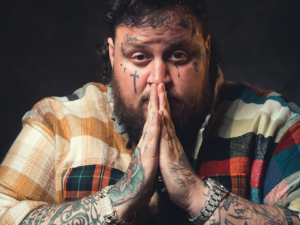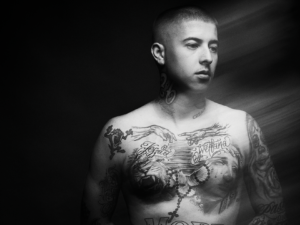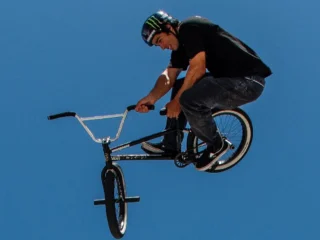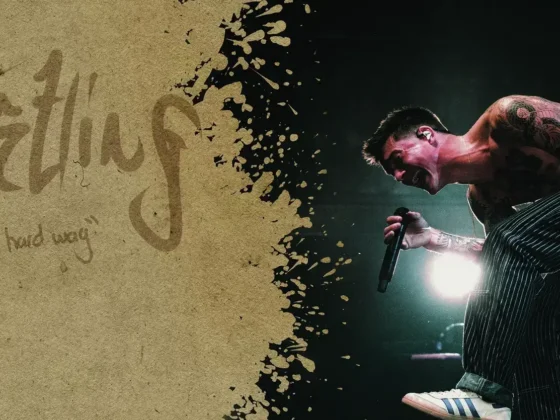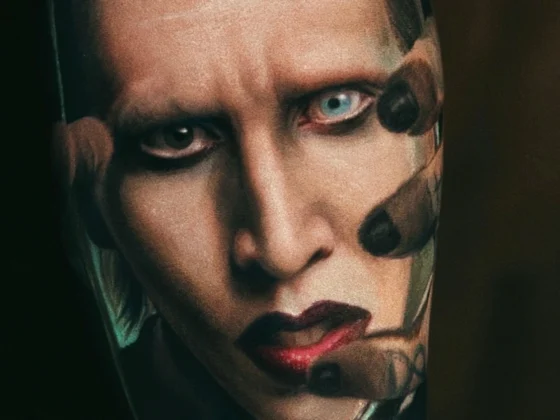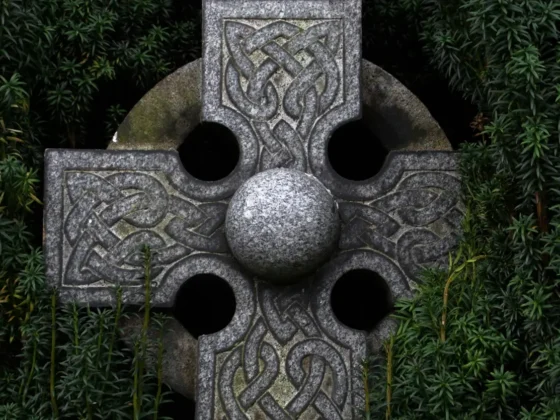Charlie Connell
December 13th, 2019
El Amansando
Aarón Sánchez looks back at his journey from wayward teen to revered chef in his new memoir “Where I Come From: Life Lessons From a Latino Chef”
Years before Aarón Sánchez burst into living rooms across the country doing battle in Kitchen Stadium, even before he opened the doors of his first restaurant on the Lower East Side, he was a teenager adrift.
After losing his father at the age of 13, Sánchez struggled over the next couple of years. In his own words, he was being “an incorrigible shit.” “Teenagers are like that regardless, then you couple that with losing a parent and being exposed to New York City,” he says. “I just completely rebelled in every way possible—I wasn’t focusing in school, was completely lost and doing the victim thing, thinking the whole world was against me.”
His mother, chef and restaurateur Zarela Martinez, knew that if she didn’t take drastic action that her son might become lost for good. The skills and talent were there, her son just needed a little amansando.
“‘Amansando’ means to break in, like if you have a cast-iron skillet—amansado,” Sánchez explains. “It also pertains to a horse, you have a wild horse, you need to break that horse in. My mom grew up on a horse ranch and she used that analogy for me. Strength, potential and power, but he needs to be broken in.
“My mom was really funny,” Sánchez continues with a laugh. “When people would ask about me in my teenage years she’d say ‘He’s improving.’”
That amansado would come at the hands of his mother’s mentor, chef Paul Prudhomme. Martinez showed some tough love, told her son it was time to be a man, then sent him from NYC to New Orleans at the age of 16. Sánchez was all by himself in a strange place, renting a room at a YMCA and about to work under one of the world’s most revered chefs.

While the culture shock must have been staggering, and the work incredibly demanding, Sánchez was getting the learning experience of a lifetime. Not only was he building on the raw cooking potential his mother saw in him, but he was learning how to be a man. Putting his grief behind him and feeling the need to take on the entire world, he was able to take the first step towards where he is today.
More than two decades later, the love and gratitude that Sánchez has for Prudhomme fill the room when he looks back on the formative experience. “Once I got to work with chef Paul it was all good,” he says. “He brought me into his family, brought me into his circle, and I’m forever indebted. The main cultural essence I learned there was to be a man of action, be a man of your word.”
Chef Paul took Sánchez in when he needed a steady hand in his life and gave him the tools to succeed. The experience is clearly tattooed into the chef’s psyche. There are so many ways that he has attempted to pay it forward, from the way he runs a kitchen to the formation of the Aarón Sánchez Scholarship Fund. Writing a memoir, “Where I Come From: Life Lessons From a Latino Chef,” is the latest example of this.
“I wanted to use the platform I have to be able to inspire others,” he says. “I wanted this book to be a kind of cautionary tale in the sense that I want people to know that there is no fast track to being a ‘celebrity chef,’ whatever the fuck that is. My journey happens to be an aspirational tale that tells people that it’s OK to go through bouts of depression and anxiety.”
The combination of social media and reality television has given the layperson a look into the kitchen that was once only seen by those preparing the meals. This has deepened the appreciation for those at the top of their game, but it has also given young cooks the expectation that if they don’t become the next Bourdain within a couple of years that they have failed. It is this environment that convinces Sánchez that this was the perfect time for his story.
“I’ve always believed that the attention that one gets, whether it is from a media standpoint, is a byproduct of doing a great job at your craft,” Sánchez says. “I should document this and come from a place of honesty and being forthright about the story and how chefs become who they really are.”
If you spend more than two minutes with him it becomes clear what a master storyteller Sánchez is. His life as a chef has given him countless tales about what goes on in the kitchen, just don’t expect any of those stories to be told through his extensive tattoo collection.
“It’s almost a joke now, it’s become so fucking cliché,” he laughs. “I’ll be there at a restaurant with an open kitchen and I’ll see kids with a whisk, the cliché knife. The one that really makes me puke in my mouth is the asparagus bundle. Look, I like fucking Budweiser, but I’m not putting the fucking Clydesdales on my arm.”

While he may not be rocking a beet tattoo on his forearm, there is still a very strong connection between Sánchez’s culinary career and his tattoos—he used to trade food for ink. Shortly after opening his first restaurant on the Lower East Side, he would meet Michelle Myles and Brad Fink right around the time that they were opening Daredevil Tattoo. When the tattooers were hungry, Sánchez would bring his friends a full spread, and when Sánchez wanted some ink someone at the shop had the time.
Myles has done roughly 70% of the work on his body, with Fink tattooing some of the more sensitive spots. The connection between the trio is much more than one of happenstance and location—they approach their craft in similar ways. Daredevil isn’t just a tattoo shop, it’s a museum of tattoo history located in the very neighborhood where modern tattooing was born. When you step within their doors you can’t help but feel the influence of the generations of tattooers that came before, the past is very much alive here. Each tattoo carries the influence of Samuel O’Reilly, Cap Coleman and others. Much like how each of Sánchez’s dishes builds on the recipes of his mother, those of his grandmother and those of his mentor. The relationship between mentor and student, the old school way of doing things, is very important to him.
Being a mentor, particularly to Latino kids who aspire to follow in his footsteps, is why he wrote this book. And it’s a driving force towards everything he hopes to tackle in the future. His scholarship program is currently putting six Latino kids through culinary school, and he hopes to open it up to at least 50 kids within the next five years.
“I want to continue to plant those seeds and make sure that the next generation of Latino cooks are educated and have no excuses, I don’t want their ascension to be blamed on anything else,” Sánchez says. “Their foundation and education is important, I want that to be their base, then they can go tackle the stars.”
As his own story shows, anything is possible with strength, talent, determination and the right person to provide the necessary amansado.
Editor's Picks
Royal & The Serpent
The hilarious and talented musician talks mental health, music, tattoos and more
Son of a Sinner
From rough-and-tumble roots to mainstream stardom, this genre-crossing musician is on a roll
A Cut Above
Celebrated barber Vic Blends can charge whatever he wants for a haircut, but all he really wants in exchange is a conversation and human connection



